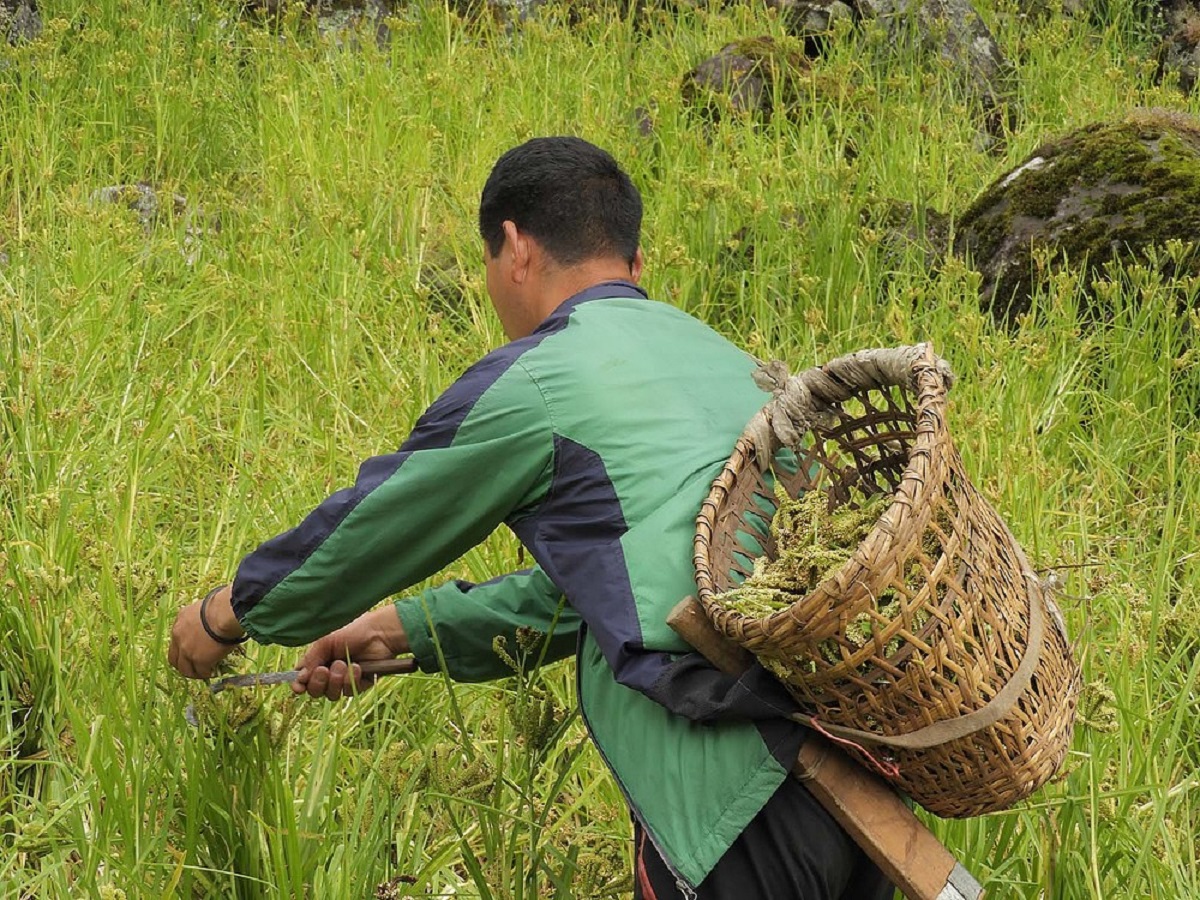In a recent announcement, the agriculture department has advised farmers to refrain from cultivating the Vengurla 4 variant of cashew due to its diminishing productivity. This directive comes amidst growing concerns regarding decreasing yields and the availability of more efficient alternatives in the market.
Reasoning Behind the Decision
Nevil Alphonso, Director of Agriculture, attributed the declining efficiency of the Vengurla 4 variety to the grafting method known as habitation. He emphasized the necessity to transition away from Vengurla 4 and embrace newer, more productive cashew variants introduced over the past decade.
Advocating for Superior Alternatives
During a technical session at Kala Academy, Panaji, held as part of the second edition of the Cashew Fest Goa, Alphonso shed light on the attributes of the preferred alternative, Vengurla 7. This variant boasts a significantly higher yield potential of up to 8-9kg per tree. Notably, Vengurla 7 features larger cashew apples, resulting in higher juice yields, and larger nuts, with nut sizes averaging about 10g compared to 8g of Vengurla 4.
Clarification on Usage
Alphonso clarified that discouraging Vengurla 4 cultivation does not equate to a ban on its usage. With proper soil and water management practices, along with effective grafting techniques, satisfactory yields can still be achieved. However, the department strongly encourages farmers to explore other locally popular variants such as Goa 1 and Goa 2 from Balli and Tiswadi, respectively.
The agriculture department’s recommendation to avoid Vengurla 4 cultivation underscores the importance of adapting to evolving agricultural practices and embracing superior alternatives. By heeding this advice, farmers can optimize their yields and contribute to the growth and sustainability of the cashew industry in the region.



